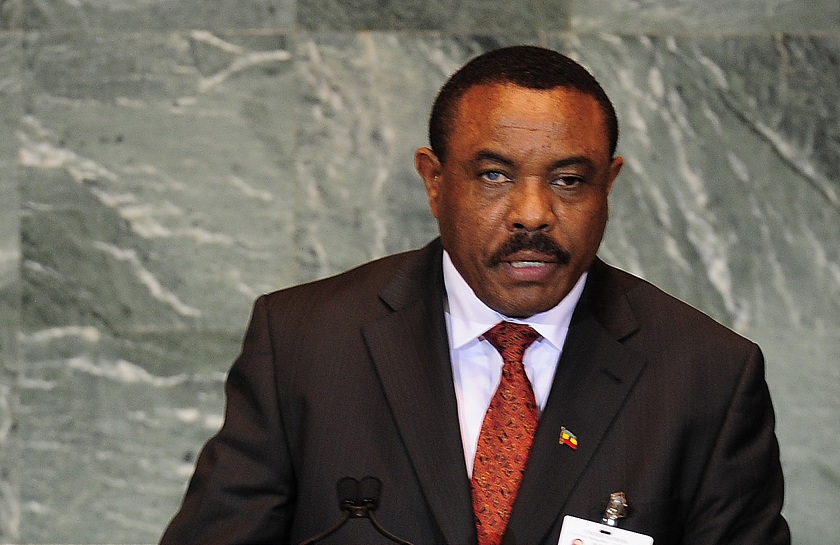DUBAI: Stress in the financial system and weak credit are expected to slow economic rebound in the Middle East and North Africa (MENA) region this year, the International Monetary Fund said on Tuesday.
Higher oil prices and the resumption of capital inflows have greatly boosted economic prospects for the region which includes the main oil and gas exporters, said the IMF in its latest Regional Economic Outlook.
Growth in the region, which was hit hard by the sharp fall in commodity prices and the credit crunch, will gather momentum in 2010 but will stay below the pre-crisis levels, said IMF.
The impact of the Dubai debt crisis and the unfolding debt crisis in Greece and the Eurozone "has been limited so far," but it could impact sovereign debt "adding an element of uncertainty to the outlook," IMF said.
Massive stimulus measures by MENA’s oil exporters helped mitigate the impact of the global economic downturn and assist non-oil economy to grow by 3.6 percent in 2009, the IMF said.
Oil exporters include the six GCC states of Bahrain, Kuwait, Oman, Qatar, Saudi Arabia and the United Arab Emirates, in addition to Iran, Iraq, Libya, Algeria, Yemen and Sudan.
A sharp decline in oil price hit the exporters hard in 2009 with their combined current account surplus falling to $53 billion from $362 billion in 2008, and oil gross domestic product contracting 4.7 percent, it said.
Oil exporters’ GDP grew by just 1.5 percent in real terms last year, but is projected to hit 4.3 percent in 2010 and 4.5 percent next year, IMF report said.
The IMF based its projections on an average oil price of $80 a barrel in 2010 and $83 a barrel next year.
GCC states’ GDP rose by just 0.8 percent in 2009 and is projected to grow by 4.9 percent this year and 5.2 percent in 2011, mainly due to gas-rich Qatar’s projected growth of 18.5 percent and 14.3 percent, respectively.
The economies of OPEC members Kuwait and UAE contracted by 2.7 percent and 0.7 percent, respectively, in 2009.
Nominal GDP in GCC states plummeted to $868.4 billion last year from $1.076 trillion in 2008, but is forecast to rise to $1.021 trillion in 2010 and to $1.118 trillion in 2011, IMF said.
MENA’s non-oil members are recovering from last year’s slowdown, but growth remains below the levels needed to reduce high unemployment rates, the IMF report said.
These countries, which include Jordan, Egypt, Lebanon, Syria and Morocco among others, were less impacted by the economic downturn due to limited financial and trade ties, it said.
Their GDP inched up 3.8 percent in 2009 down from five percent the previous year. It is forecast to grow by 4.1 percent this year and 4.8 percent in 2011.

